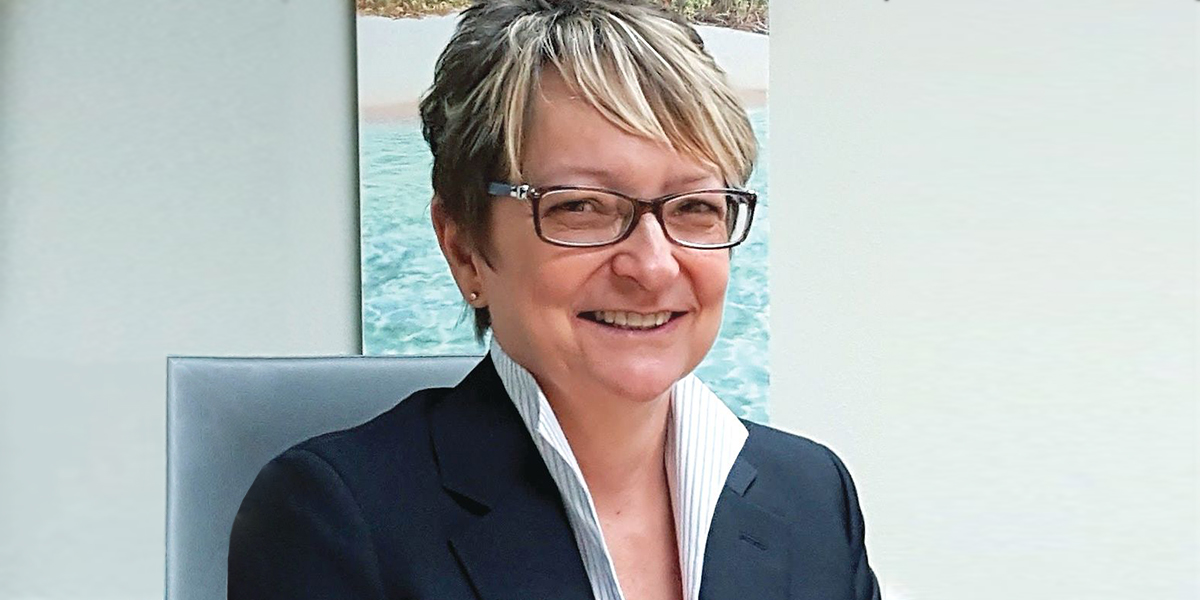Last Thursday evening, there was a fascinating article from the magazine Politico in my Apple newsfeed. (No, don’t spend any energy trying to interpret what that says about my politics, because I’m not writing about anything remotely political.)
“Coronavirus Will Change the World Permanently. Here’s How.” points out that we are in a period reminiscent of 9-11 or the financial crisis of 2008, when events outside our control resulted in changes – societal, regulatory, technological, global – that have become a permanent part of the way we live. The article offers a bunch of big ideas from the minds of some very smart people about ways in which our world could potentially change for good as a result of the current crisis, such as:
- Perhaps we will permanently practice more social distancing such as doing away with handshakes, or stop touching our faces, or be unable to stop compulsively washing our hands.
- Perhaps we will finally overcome our current political and social polarization and come together as a country – or maybe even a world – in a new way, putting the communal good above our own desires for individualism.
- Perhaps we will move into an era of many more people regularly working, going to school, accessing healthcare providers, voting, and even legislating remotely, as we overcome many of the societal and regulatory barriers to enhanced use of technology and the internet.
- Perhaps as a society we will finally be willing to invest in stronger support systems for family care (children and the elderly) for working adults.
- We will almost certainly see government taking a bigger and more active role in our lives for a long time. But will it be primarily at the Federal level, or at the level of states and localities?
- Perhaps there will be another political uprising, such as Occupy Wall Street, to demand greater equality not just in income, but in access to key resources, such as healthcare.
There are many more examples cited. But the one that resonated the most with me was offered by Mark Lawrence Schrad, author and associate professor of political science at Villanova University. His comments pierced my heart, and I want to share them with you verbatim, with the goal of expressing my profound concern for all of you on the front lines in the fight against COVID-19, and my eternal gratefulness for your sacrificial commitment to your patients and to our whole society at this critical time. I know these sentiments are widely shared, and I pray that we will never forget them when all of this is over.
America has long equated patriotism with the armed forces. But you can’t shoot a virus. Those on the frontlines against coronavirus aren’t conscripts, mercenaries or enlisted men; they are our doctors, nurses, pharmacists, teachers, caregivers, store clerks, utility workers, small-business owners and employees. Like Li Wenliang and the doctors of Wuhan, many are suddenly saddled with unfathomable tasks, compounded by an increased risk of contamination and death they never signed up for.
When all is said and done, perhaps we will recognize their sacrifice as true patriotism, saluting our doctors and nurses, genuflecting and saying, “Thank you for your service,” as we now do for military veterans. We will give them guaranteed health benefits and corporate discounts and build statues and have holidays for this new class of people who sacrifice their health and their lives for ours. Perhaps, too, we will finally start to understand patriotism more as cultivating the health and life of your community, rather than blowing up someone else’s community. Maybe the de-militarization of American patriotism and love of community will be one of the benefits to come out of this whole awful mess.



Leave A Comment